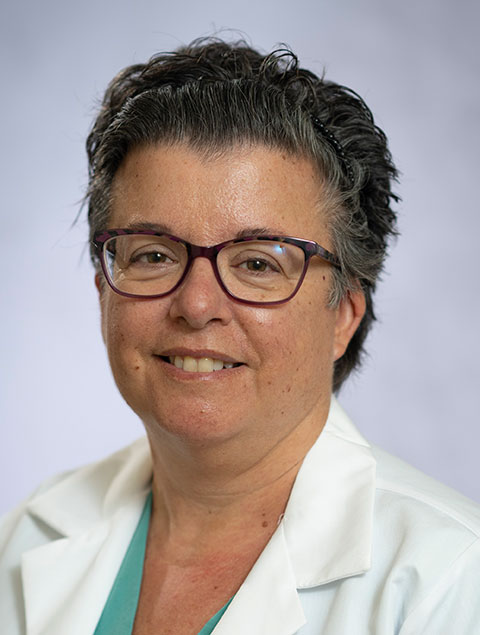“We really weren’t sure at one point what the outcome would be. But the care Kat received at MMC gave me confidence because I knew all the right decisions were being made.”

George Zaidan felt relieved when the COVID-19 vaccine became available to children ages 12 to 15 in May 2021. He quickly scheduled his 14-year-old son, Kat, for inoculation against the virus, which, though most prominent in adults, strikes children as well. The family continued masking and avoiding crowds to stay safe.
But despite these efforts, Kat developed a breakthrough infection, contracting COVID in December 2021 as cases nationwide soared. He spent about five days overcoming fever, fatigue and congestion. Then three weeks later, he experienced a new concerning symptom: shortness of breath.
“The most basic things would get him tired,” George says—“going up steps too quickly or even changing clothes."
It was the continuation of a long family nightmare in which Kat, with help from a team of medical specialists at Monmouth Medical Center (MMC), fought off multisystem inflammatory syndrome (MIS-C), a rare but serious condition mostly affecting school-aged children two to six weeks after COVID infection.
Within days, Kat was sent home from school with stomach pain, a headache, fatigue and continuing shortness of breath. “His temperature shot up to 103 degrees,” George says.
Team Care
George and his wife, Norah, brought Kat to the emergency room at MMC, where chest X-ray, EKG, blood test and urinalysis results looked good enough for Kat to go home and monitor his symptoms closely.

But in the days that followed, Kat’s temperature stayed high and his symptoms worsened. He was admitted at MMC, where follow-up tests found spikes across all measures, indicating MIS-C.
“MIS-C occurs when the body develops an abnormal immune response to infection with COVID-19,” says Jacqueline Brunetto, MD, a pediatrician at The Unterberg Children’s Hospital at MMC, part of the Children’s Health Network at RWJBarnabas Health (RWJBH). “As the name implies, multiple organ systems are involved, and children may require varying levels and types of care.”
Kat’s care drew on a team of specialists in fields including infectious disease, hematology, cardiology and gastroenterology. “We received high attention, great communication and lots of empathy,” George says. “The nursing staff was so attentive and really listened to Kat.”
During a five-day stay, Kat received an array of treatments, including intravenous immunoglobulin and steroids to help control inflammation and acetaminophen to reduce discomfort from fever. He also was treated with aspirin to help guard against potential blood clots, notes Dr. Brunetto. Daily tests tracked his condition.
Kat finally became well enough to be discharged and gradually lower his medication doses. Virtual follow-ups with doctors affirmed that Kat was recovering well. “I’m feeling much better now,” he says. “My stamina stayed low for a while, but I improved every day.”
“It was the scariest thing we’ve ever gone through as parents,” George says. “We really weren’t sure at one point what the outcome would be. But the care Kat received at MMC gave me confidence because I knew all the right decisions were being made.”
To learn more about The Unterberg Children’s Hospital at Monmouth Medical Center, part of the Children’s Health Network at RWJBH, call 732.923.7250.